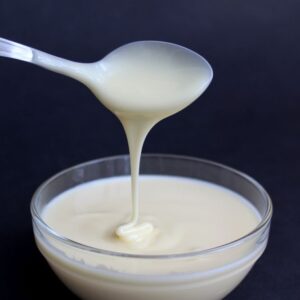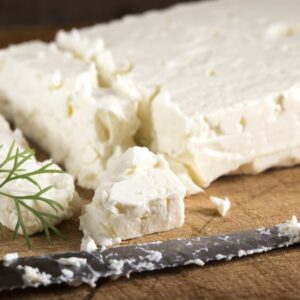Lime Juice Substitute It comes in handy when you’re busy making a recipe that calls for lime juice but doesn’t have it. Read on as this article features thirteen of the best lime juice substitutes to save on your meals.
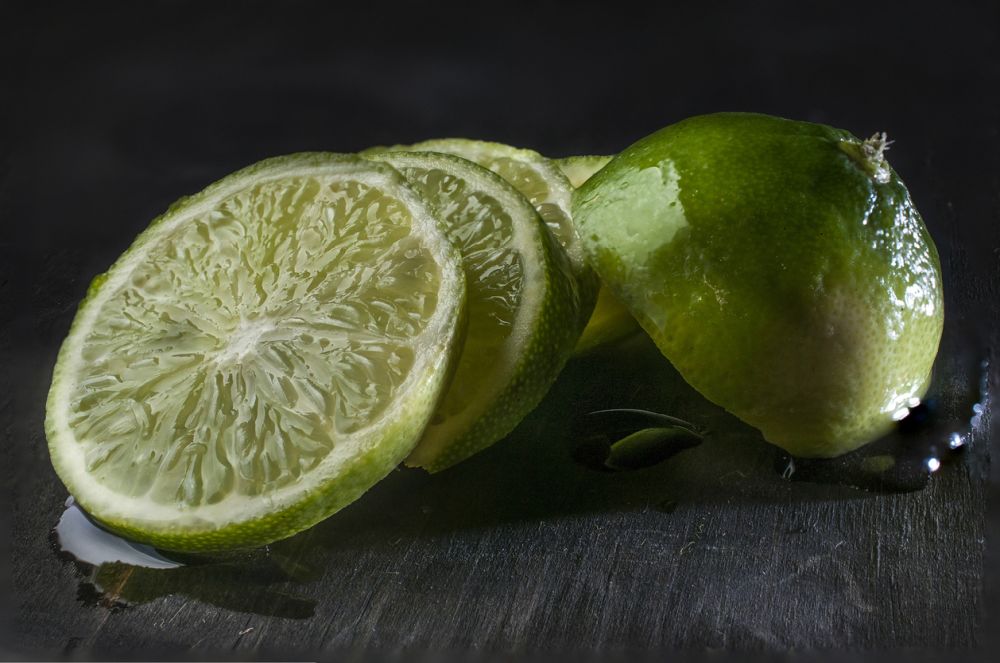
Lime juice is a sour citrus juice made by pressing limes. This juice is refreshing, sour, bitter, spicy, slightly sweet and spicy. A lime juice substitute should have some of the character of this flavor profile.
Lime juice has a variety of uses in food and beverages, such as a sour or garnish in margaritas and mojitos, or to marinate fish and chicken. Additionally, lime juice acts as a natural preservative in jams and jellies. Mixed with olive oil and vinegar, lime juice makes a refreshing salad dressing. Added with diced fruit and honey, lime juice is a sweet and tangy topping for yogurt or ice cream. A substitute for lime juice should offer the same versatility.
Citrus juices can become bitter the longer they sit, thanks to a natural compound called limonin. When using citrus juice instead of lime juice, make sure the fruit is freshly squeezed, unless you want a bitter taste.
Lemon juice, orange juice, lime extract, lime juice, bitter orange juice, grapefruit juice, lime juice powder, lime oil, and black lime powder are excellent citrus substitutes for lime juice. at the same time, Apple cider vinegar, white wine vinegar, tamarind sauce, and white wine are good substitutes for lime juice if you are allergic to citrus or don’t like the taste of citrus. Read on to learn helpful information about each ingredient:
1. Lemon juice
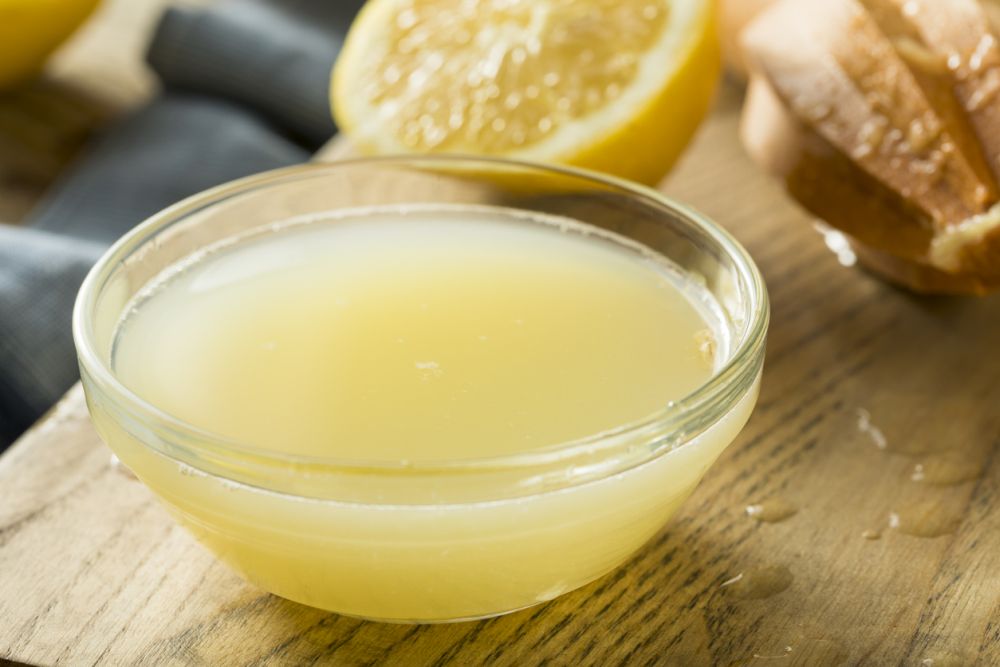
Lemon juice is the best substitute for lime juice as they taste similarThe main difference between the two is that lemons are sweeter and less acidic. The reverse is also true, as lime juice is an excellent substitute for lemon juice.
Use lemon juice in almost any recipe that calls for it, except for key lime pie, where it works best. You can buy lemon juice or squeeze your own.
When substituting lemon juice for lime juice, use a 1:1 ratio. For example, replace 1 tablespoon of lime juice with 1 tablespoon of lemon juice.
2. Orange juice

Orange juice is a great substitute for lime juice, but it depends on how fresh the juice is and whether it’s store bought or homemade. Freshly squeezed orange juice is sweet and sour, refreshing and refreshing. But if the orange juice is no longer fresh or from the store, it will be bitter due to limonin.
When substituting lime juice for orange juice, use a 1:1 ratio. For example, replace 1 tablespoon of lime juice with 1 tablespoon of freshly squeezed orange juice.
3. Lime Extract
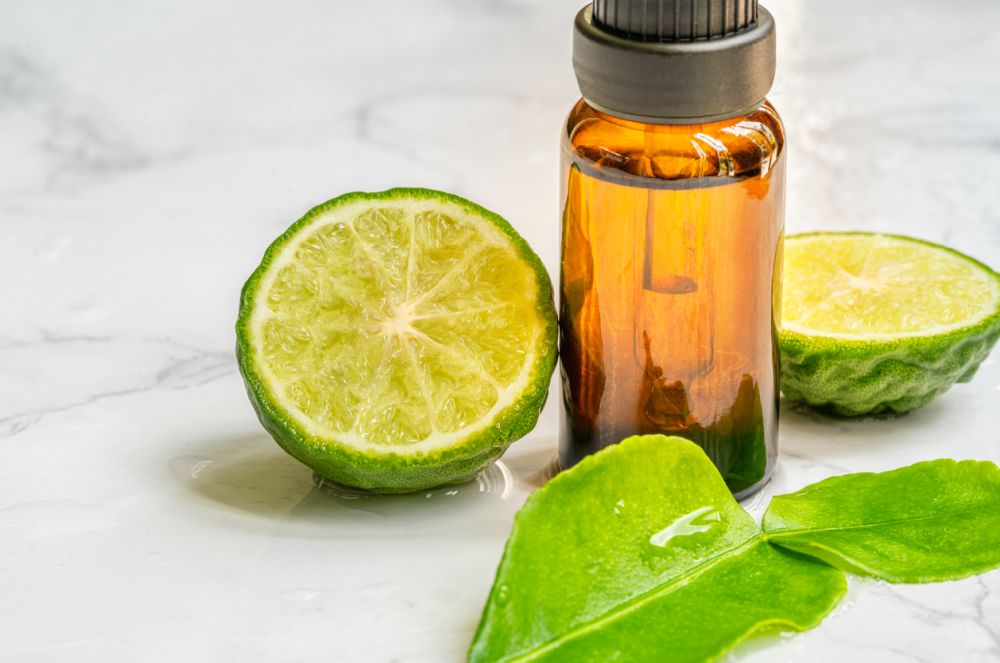
Lime extract is a great alternative to lime juice thanks to its firm, zesty, tart taste。 This extract is a natural product made by extracting lime peel oil.
Lime extract can be purchased or made at home. Unopened store-bought lime extract can be stored in a cool, dry place for up to 4 years, while opened store-bought lime extract can be stored in the refrigerator for up to 60 days. Unlike other store-bought items, Lime Extract contains no added sugar, sodium, sulfites, or preservatives. To prepare homemade lime extract, soak lime peels in a mild alcohol such as vodka for 5-6 weeks. Homemade lime extract has a shelf life just as long as store-bought.
When substituting lime juice for lime juice, use a 1:1 ratio. For example, use ½ tablespoon lime extract for 1 tablespoon lime juice.
4. Lime Juice
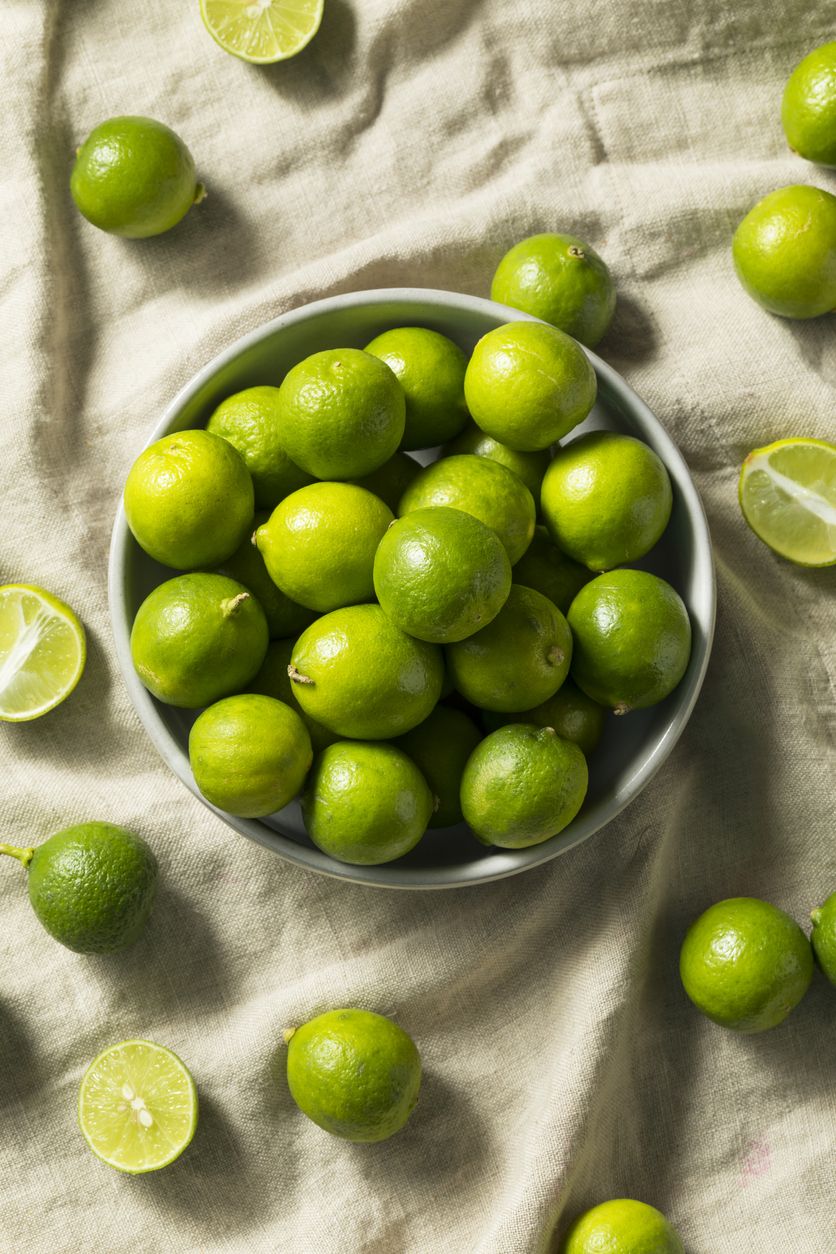
Key lime juice is a great substitute for lime juice, especially since it can be hard to tell the difference. Key limes have a more tangy, tart, floral aroma than limes.
Fresh limes can be difficult to come by, and they are not easy to store due to their thin skins. Alternatively, buy lime juice.
When substituting lime juice for lime juice, add 2 or 3 tablespoons lime juice for every tablespoon lime juice. To fix dishes that are too bitter, add a little sugar.
5. Bitter orange juice

Bitter orange juice is a good substitute for lime juice, thanks to its tart, slightly bitter taste and a bit of sweetnessFamous for making English Orange Marmalade, this juice is rich in pectin, a natural thickener for jams and jellies. Bitter orange juice is also used in certain liqueurs, such as Grand Marnier.
When substituting bitter orange juice for lime juice, add 2 or 3 tablespoons bitter orange juice to 1 tablespoon lime juice.
6. Grapefruit Juice
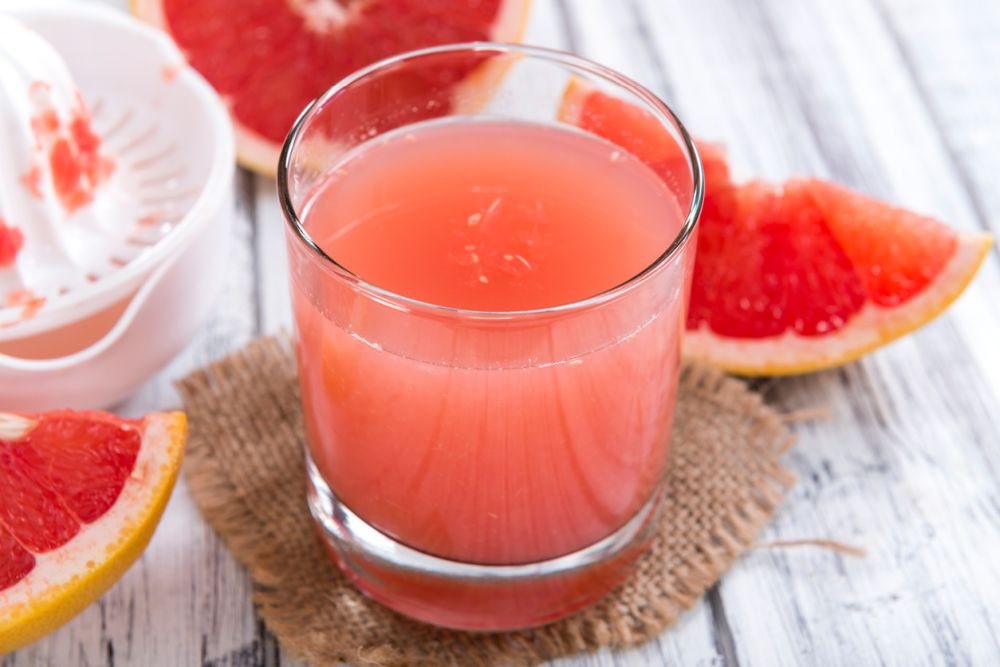
Grapefruit juice is a great substitute for lime juice because of its tart, tangy flavor and a hint of sweetness. The aroma of this juice is closer to orange juice.
Use grapefruit juice instead of lime juice in dressings and marinades. While freshly squeezed grapefruit juice has a sweeter taste, store-bought grapefruit juice is better for recipes if you don’t mind the bitterness from the limonin compound.
When substituting grapefruit juice for lime juice, use a 1:1 ratio. For example, use 1 tablespoon of grapefruit juice for every 1 tablespoon of lime juice.
7. Lime Juice Powder
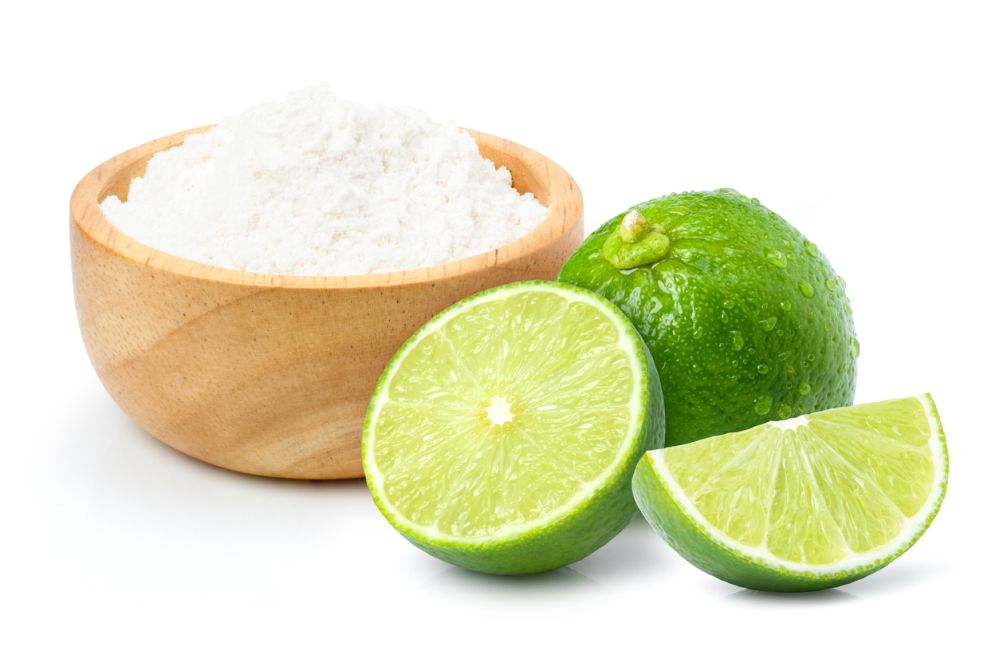
Lime juice powder is a great substitute for lime juice when you don’t have fresh limes。 This powder is a dressing made with lime juice, so it has the same tart citrus flavor.
Some food products, such as beverages and candies, use lime juice powder due to its sour taste. Additionally, lime juice powder has an acidic component (pH 2-3), which is why it is a good substitute for lime juice when used as a natural food preservative.
Lime juice powder can be purchased or made at home, depending on your preference. Store-bought lime juice powder contains maltodextrin, a food additive that has been shown to alter gut bacteria even though it is considered safe by the U.S. Food and Drug Administration (FDA). Homemade lime juice powder, on the other hand, contains only limes, can be prepared ahead of time, and keeps for up to 5 years. To prepare homemade lime juice powder, dehydrate lime slices in a food dehydrator or oven, then use a coffee grinder or spice mill to grind the dry slices into a powder.
When using lime juice powder instead of lime juice, stir ½ teaspoon lime juice powder with 1 tablespoon water to replace 1 tablespoon lime juice.
8. Lime oil
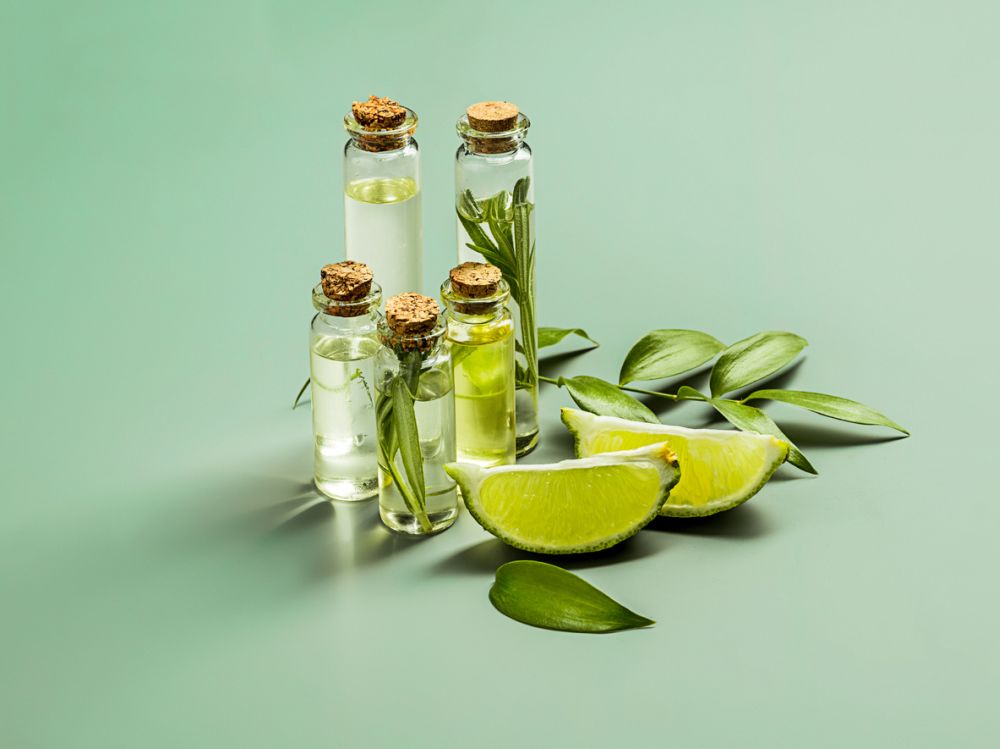
Lime oil is an excellent substitute for lemon juice in baking, cooking and confectionery。 This oil is a natural essential oil extracted from lime peel and has a citrus, tangy and slightly sweet aroma.
You can buy lime oil in place of lime juice, use as needed, and keep in the refrigerator for 9 months to 1 year.
When using lime oil instead of lime juice, use 1 drop of lime oil for 1 teaspoon of lime juice.
9. Black lime powder
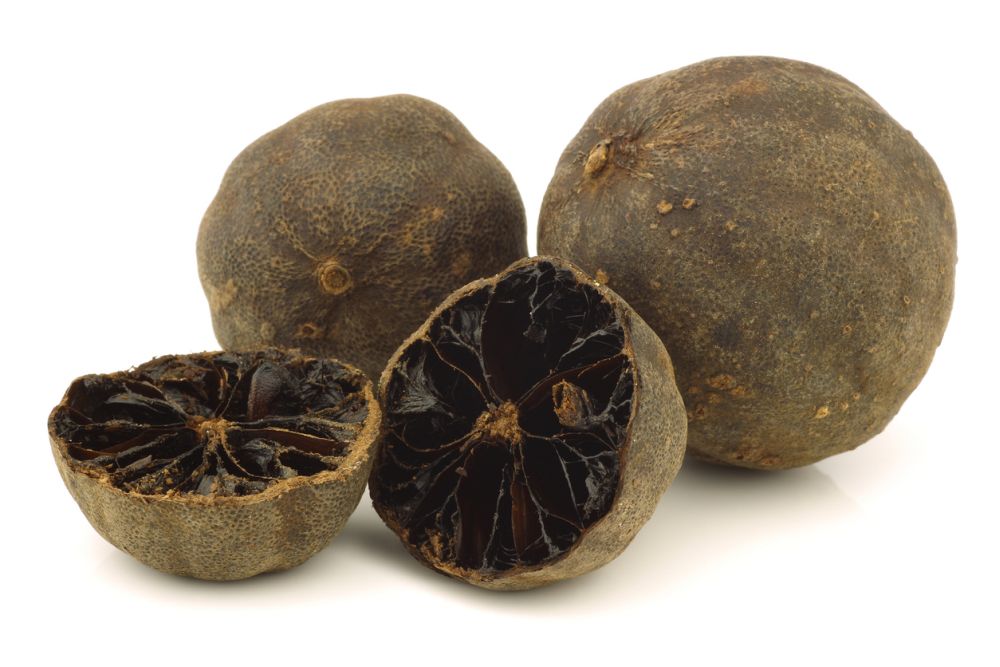
Black Lime Powder is a great alternative to lime juice when you need the tart, citrus flavor of a lime but with an earthy, smoky aroma。 This powder comes from black limes, which are Persian limes that have been bleached and dehydrated or dried until they turn a dark brown color.
Black limes are very common in the Middle East. Use black lime powder instead of lime juice in soups, stews, sauces, salads, meat, fish, pasta, or chicken marinades. To prepare black lime powder, blanch Persian limes in salted water, then place in ice water to stop cooking, dry the limes until dark brown, then grind them into a powder. For the drying part, let the limes dry in the sun, use an oven, or use a food dehydrator. Grind the black limes using a coffee grinder or spice grinder.
When using black lime powder instead of lime juice, stir ½ teaspoon black lime powder with 1 tablespoon water to replace 1 tablespoon lime juice.
10. Apple cider vinegar
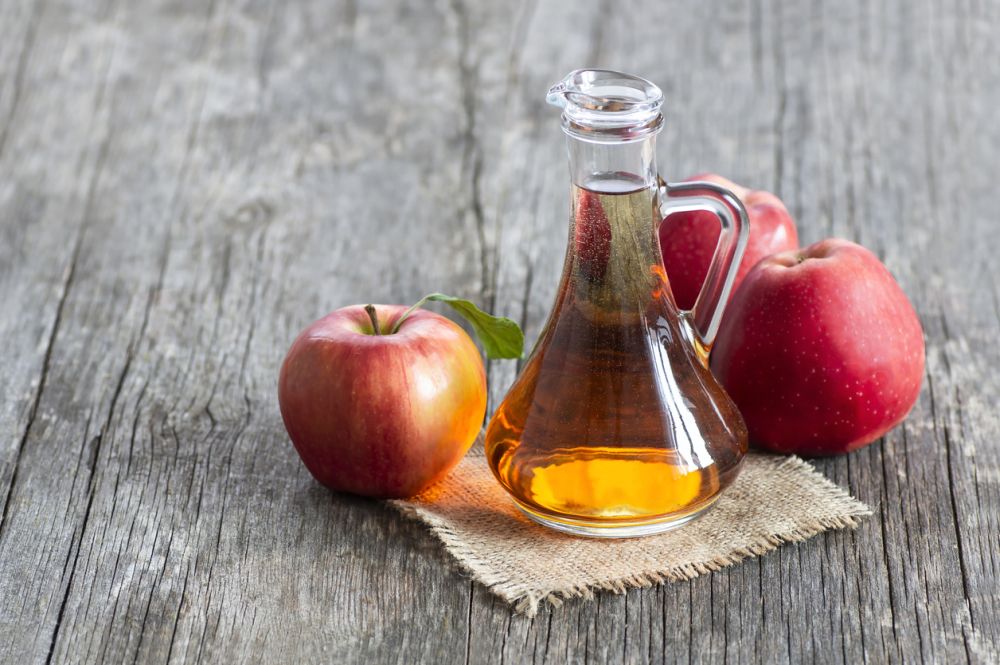
Apple cider vinegar is an excellent non-citrus lime juice substitute when you need acidity in your cooking because it contains acetic acid。 This vinegar has a tangy sour taste with a strong fermented apple smell, with a hint of sweetness.
While apple cider vinegar isn’t ideal for every recipe that calls for lime juice, it pairs well with both sweet and savory dishes like ceviche, salsa, salad dressing, and guacamole.
When substituting apple cider vinegar for lime juice, use a 1:2 ratio. For example, use ½ tablespoon vinegar for 1 tablespoon lime juice. Taste and add more as needed.
11. White wine vinegar
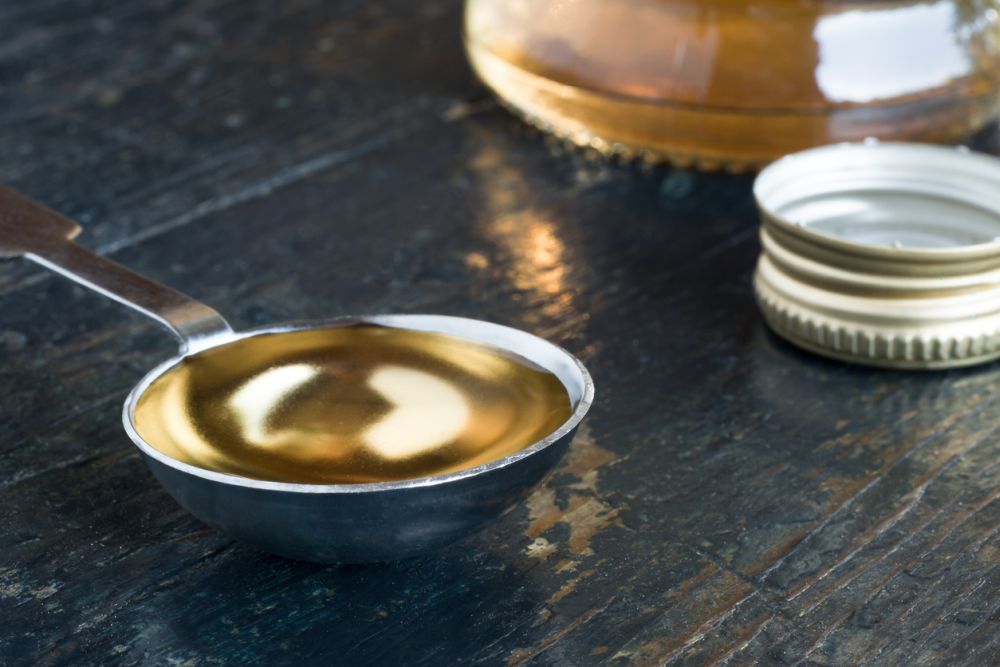
White wine vinegar is a good substitute for lemon juice when you need smooth, less sour and fruity, round flavor。 This wine vinegar is a mix of vinegar and white wine, so it has a fruity flavor.
Just like apple cider vinegar, white wine vinegar contains acetic acid, which adds acidity to foods. Use white wine vinegar in place of lime juice in salad dressings and savory dishes. Be careful not to mix white wine vinegar with baking soda in baking recipes as it can drastically change the flavor.
When substituting white wine vinegar for lime juice, use a 1:2 ratio. For example, use ½ tablespoon vinegar for 1 tablespoon lime juice. Taste and add more as needed.
12. Tamarind sauce
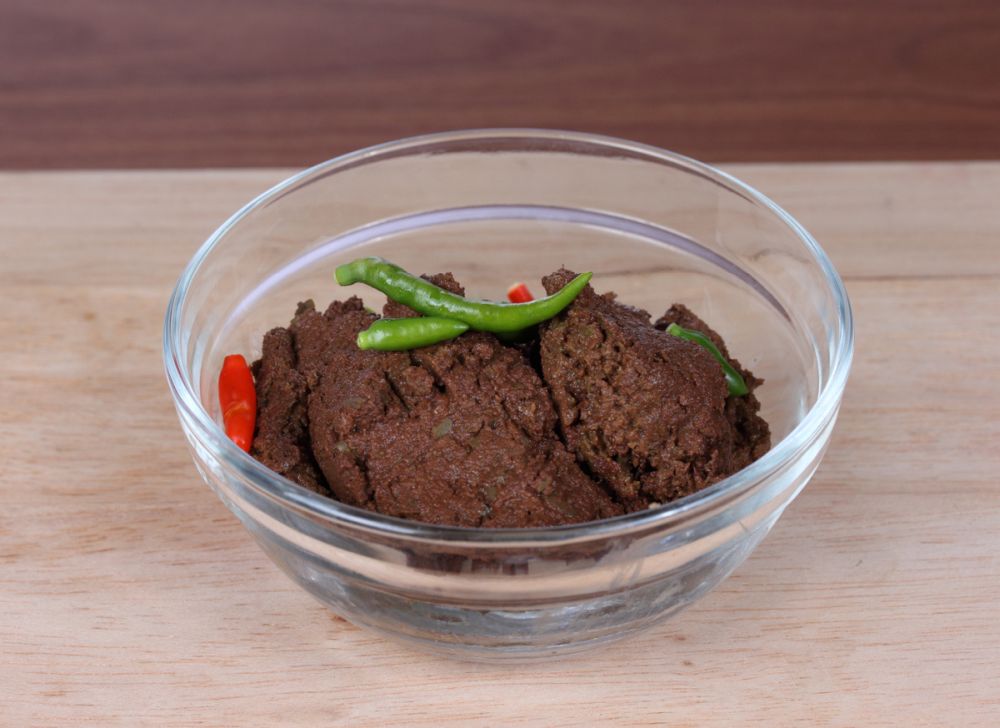
Tamarind paste is a good substitute for lime juice, thanks to its tart and slightly sweet aromaThe paste comes from the pulp of the tamarind fruit, a sour, pod-shaped fruit. Tamarind paste is thick and reddish brown and is commonly found in Indian and Thai cuisine.
Once you purchase tamarind paste, use it to replace lime juice in marinades, dips, curries, chutneys, and other dishes.
When using tamarind paste instead of lime juice, spread it in a 1:2 ratio. For example, use ½ tablespoon of paste for 1 tablespoon of lime juice.
13. White wine

White wine is a good substitute for lime juice if you prefer foods with less acidity in your meals。 Compared with lime juice, white wine has a light fruity taste and mild acidity.
Use white wine instead of lime juice in marinades and salad dressings.
When substituting white wine for lime juice, use a 1:1 ratio. For example, use 1 tablespoon of white wine for 1 tablespoon of lime juice. Taste and add more as needed.
common problem
Discover more useful information about lime juice.
What can I use instead of lime juice in curry?
Can be used when making curry Lemon juice, apple cider vinegar, white wine vinegar, or tamarind paste Substitute for lime juice.
How much juice is in one lime?
One lime contains about 2 tbsp juice.
Is lime juice good for you?
Yes, lime juice has many health benefits. For example, it’s an excellent source of vitamin C and antioxidants. Drinking lime juice can boost immunity, reduce the risk of heart disease, and promote healthy skin.
Does lime juice go bad?
Yes, lime juice will eventually go rancid, giving off a strong, unpleasant bitter-sour smell. Fresh lime juice will keep for 3-5 days in the refrigerator. If you prefer a longer shelf life alternative, you can use pure lime extract (up to 60 days after opening), lime oil (up to 1 year), or lime juice powder (up to 5 years).
Can Dogs Drink Lime Juice?
No, dogs should not drink lime juice because it contains compounds such as limonene, linalool, and psoralen that are toxic to canine consumption. Ingestion of lime juice by dogs may cause lime poisoning and digestive problems.
epilogue
While lime juice is a great addition to many dishes, it can sometimes be difficult to find, or you might be left out. Thankfully, these substitutes can work in a pinch, whether you’re allergic to citrus or not. Give it a try the next time you’re looking for a little acidity and zest in a dish.
What’s your favorite lime juice substitute? Share your thoughts in the comments below!

